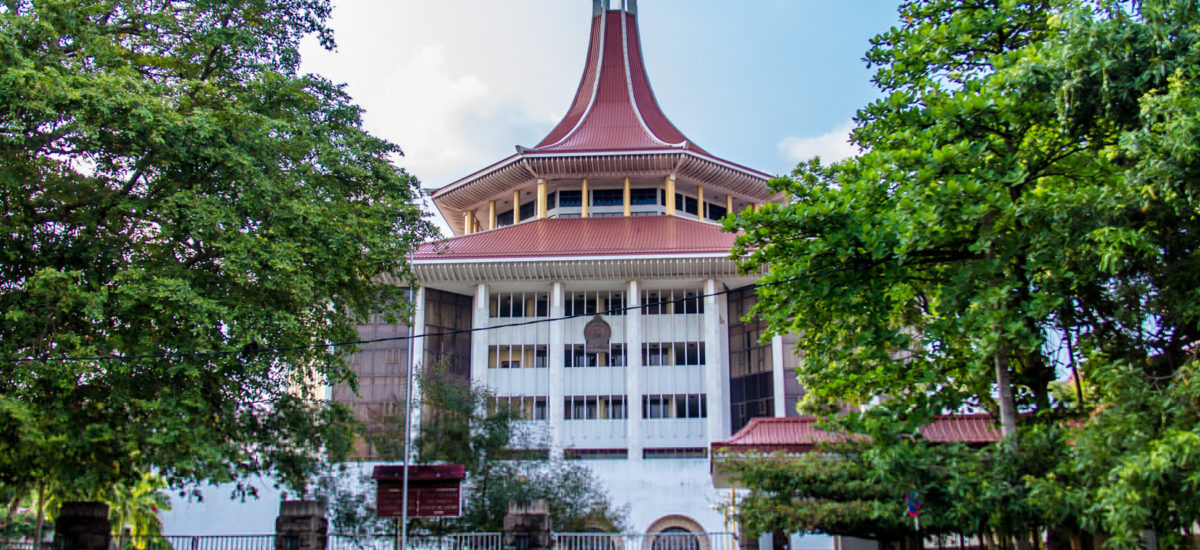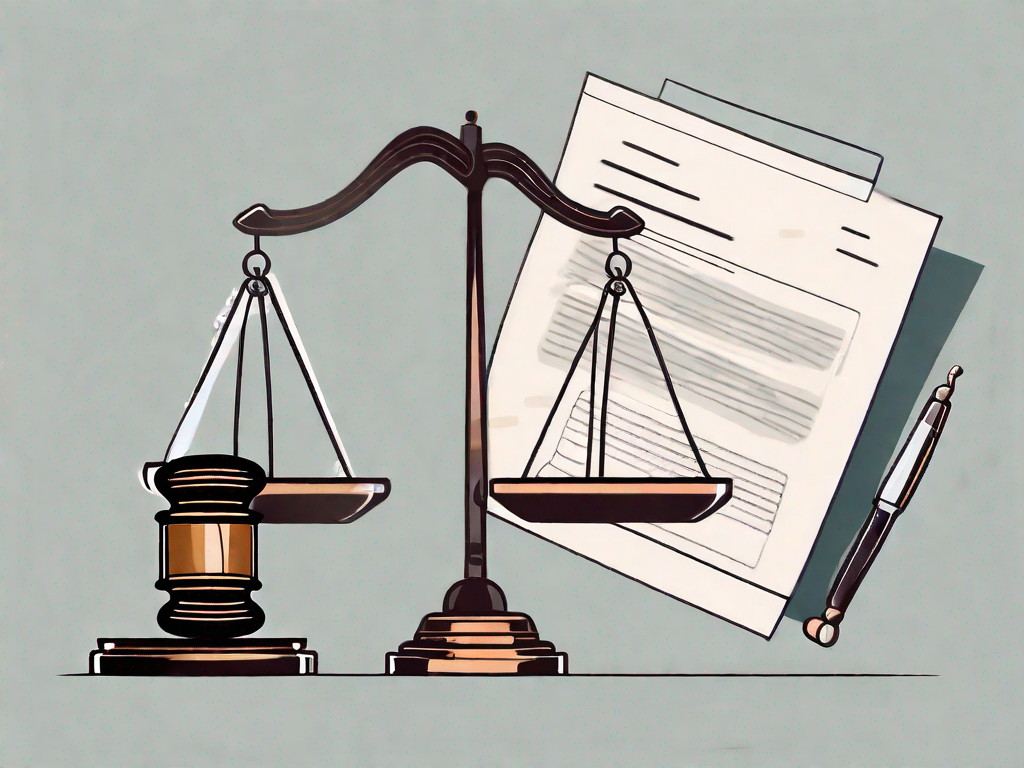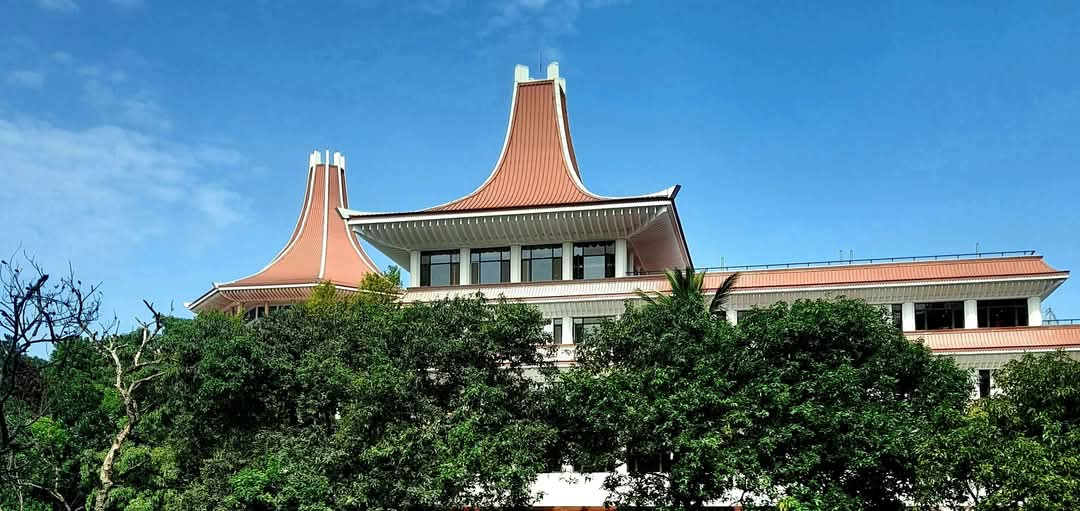Right of Appeal: A Statutory Creation, Not an Inherent Right
SC Rejects Final Appeal on Interlocutory Orders from Permanent High Court at Bar

The Supreme Court dismissed a final appeal challenging an interlocutory order issued by the Permanent High Court at Bar. It ruled that such appeals do not lie under the law as final appeals can only be brought against orders constituting final in nature.
The case arose from an interlocutory order issued by the Permanent High Court at Bar. The appellant challenged the order directly before the Supreme Court, seeking a final appeal. The primary question before the Court was whether an appeal could be entertained against an interlocutory order, and what legal framework governs the appellate jurisdiction in such scenarios.
“…Although section 12B(1) of the Judicature Act appears to confer a right of appeal from any judgment, sentence or order pronounced by a Permanent High Court at Bar to the Supreme Court, it is important to emphasize that, as section 12B(2) states, such a right must be understood in light of other written laws governing appeals to the Court of Appeal from judgments, sentences or orders of the High Court in cases tried without a Jury. This includes the provisions of the Judicature Act, the Commission to Investigate Allegations of Bribery or Corruption Act, the Code of Criminal Procedure Act and the High Court of the Provinces (Special Provisions) Act, No. 19 of 1990. When so considered, it is the view of this Court, unless there is an amendment to explicitly reflect the intention of the legislature, the term “order” in section 12B(1) shall be understood, insofar as an accused is concerned, as referring to a final order having the effect of a final judgment, but does not include an interlocutory order….”
“….According to section 12A(5) of the Judicature Act, a trial before the Permanent High Court at Bar shall be heard from day to day and concluded expeditiously. If there is a right of appeal against each and every order made by the Permanent High Court at Bar to the Supreme Court, this is not practically possible. Such an interpretation could also lead to abuse of the process of the Court, because in terms of section 333(1) of the Code of Criminal Procedure Act, once an appeal is accepted, all further proceedings in such case shall be stayed and the appeal together with the case record and eight copies thereof shall be forwarded to the Court of Appeal as quickly as possible….” – Justice Mahinda Samayawardhena
“…It is important to note that it is not the law governing appeals to the Supreme Court from judgments and orders of the Court of Appeal, but rather the law governing appeals to the Court of Appeal from judgments and orders of the High Court that applies to appeals from the Permanent High Court at Bar to the Supreme Court…”
Permanent High Court at Bar and its Jurisdiction
The Supreme Court elaborated on the nature and jurisdiction of the Permanent High Court at Bar, describing that it operates under the provisions of the amended Judicature Act. Appeals from its decisions lie directly to the Supreme Court. The Court further characterized it as a specialized category within the broader Provincial High Courts framework, which was established under Article 154P of the Constitution.
“…As evident from section 12A of the Judicature Act, Permanent High Courts at Bar are a species of Provincial High Courts established by Article 154P of the Constitution. The impugned order was pronounced by the Permanent High Court at Bar of the Western Province in the exercise of its original criminal jurisdiction. Permanent High Courts at Bar do not have appellate jurisdiction….” – Justice Samayawardena
Right of Appeal: A Statutory Creation, Not an Inherent Right
The Supreme Court in this case also said that the right of appeal is not inherent but is created by statutory provisions. The Court distinguished between appellate jurisdiction conferred directly by the Constitution and that arising from statutory enactments.
“…It was held in the landmark case of Martin v. Wijewardena [1989] 2 Sri LR 409 that Article 138(1) only defines the jurisdiction of the Court of Appeal and does not create or confer new rights of appeal to persons. It is now well-settled law across jurisdictions that the right of appeal is a creature of statute, not an inherent or common law right. Such a right must be explicitly and expressly conferred by statute, not implied or inferred. As observed in The People’s Bank v. Camillus Perera [2003] 2 Sri LR 358 at 360, if there is no right of appeal, unless expressly provided for, there is no right to make an application for leave to appeal, as the granting of such leave would effectively make the application a final appeal. What cannot be achieved directly, cannot be achieved indirectly….” – Justice Samayawardena
Case No: SC/TAB/04/2023 [07.10.2024]
Before: Hon. Justice P. Padman Surasena Hon. Justice Yasantha Kodagoda, P.C. Hon. Justice Kumudini Wickremasinghe Hon. Justice Mahinda Samayawardhena Hon. Justice K. Priyantha Fernando






